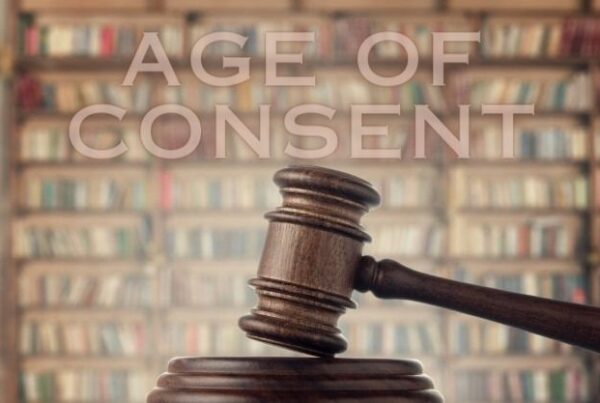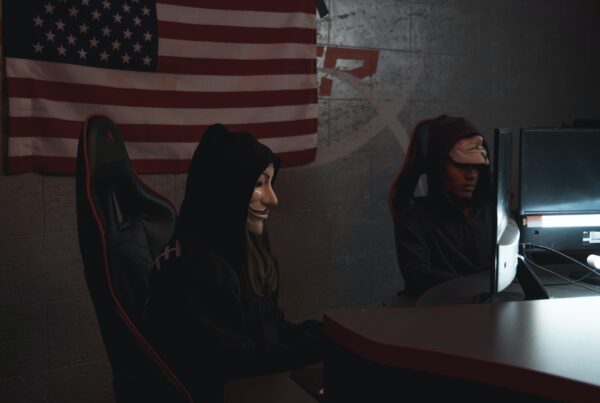Cancel culture, also known as call-out culture, is a type of exclusion that occurs online on social media, offline, or in both settings. It is characterised by the ejection of someone or something from social or professional circles. Merriam-Webster defines cancel as “to stop giving support to that person”, and dictionary.com defines it as “calling out the bad behaviour, boycotting their work (such as by not watching their movies or listening to their music), and trying to take away their public platform and power”
Doxxing i.e publicly disclosing someone’s personal information on the internet with a malicious intention is an essential component of the “cancel culture”. Cancel culture thus is a form of harassment disguised as a legitimate protest. However the underlying intention of causing harm to the person targeted, qualifies it as a form of a cybercrime.. India is one of the few countries in the world with laws that address cyber harassment and punish offenders. Cyber harassment including bullying such as defamation, circulation of obscene material, sexual harassment, hate speech, criminal intimidation and stalking find a mention in the The Information and Technology Act of 2000 (IT Act, 2000) and the Indian Penal Code (IPC)
When someone is revealed to have committed a mistake, cancel culture comprises defaming them online. Due to this slander, numerous people get doxxed or have their personal information disclosed. A 2020 survey conducted by Pew Research Center highlights the controversy surrounding cancel culture. While 38% of people say that calling someone out on social media punishes those who don’t deserve it, 58% feel that it helps hold people accountable for their actions.
However, individuals frequently overlook the harshness and adverse effects “cancel culture” can have on its victims while trying to pursue justice online.
Asam Ahmad, author and community organiser, notes that cancelling an everyday person without compassion for the complexities of that person’s life amounts to bullying: “For instance, most call-outs I have witnessed immediately render anyone who has committed a perceived wrong as an outsider to the community. One action becomes a reason to pass judgment on someone’s entire being as if there is no difference between a community member or friend and a random stranger walking down the street (who is, of course, also someone’s friend). Call-out culture can end up mirroring what the prison industrial complex teaches us about crime and punishment: to banish and dispose of individuals rather than to engage with them as people with complicated stories and histories.
Sameer Hinduja, PhD, Co-Director of the Cyberbullying Research Center at Florida Atlantic University, stated cyberbullies are “more likely to feel free from social norms and morals and ethics and rules and possible punishments and sanctions when they’re behind a screen and physically distant or geographically separate from the target.” Further, the cancellation can damage both parties if it devolves into bullying. A 2020 study found that 39% of cyberbully victims and 29% of cyberbullies showed signs of PTSD (Post-Traumatic Stress Disorder).
Not only are the cancelled and the cancelers impacted by the cancel culture. The emotional health of that watching can likewise suffer greatly.
Some onlookers are paralysed with terror after witnessing so many people getting cancelled. They become paralysed by fear that if they genuinely express themselves. This could lead individuals to suppress their feelings rather than discuss and process them with others.
People watching can also be concerned that someone will exploit anything from their history against them. They could also worry that, even if something wasn’t meant to be disrespectful, every word they say or write will be scrutinised closely.
Bystanders may decide to keep quiet about an incident or situation rather than express their opinions. As a result, individuals may carry around guilt for a long time after the incident or circumstance has passed—shame for not speaking out for someone else when they had the chance.
Legal Ramifications:
In India, there is no law specifically prohibiting or punishing doxxing, however there are laws that address defamation (Section 499 IPC), Sexual harassment ( Section 354A IPC) , Circulation of obscene material ( Section 67 of the IT Act and Section 292 IPC), Voyeurism (Section 354C IPC and Section 66E of the IT Act ) online stalking (Section 354D IPC)hate speech (Section 298, S 505(1) (2) IPC) , criminal intimidation ( Section 506 IPC) which are all part and parcel of doxxing
In addition, Doxxing infringes our Right to Privacy (a Fundamental Right) and undermines our Right to Dignity that is Article 21 of the Indian Constitution, as well as subjecting us to harassment and putting us in direct danger. How to file a complaint against doxxing?
As many a times doxxing is committed by persons under pseudo identities of disguised identities , complaint can be filed against ‘unknown persons’ The investigating authorities may be able to find the real identities of the persons indulging in crime
Documents required for filing a cybercrime complaint
The following is a list of items to consider before filing a cybercrime complaint:
- A written summary of the offence;
- If victim has received email –
- a copy of the email as it was received by the original recipient (forwarded emails should be avoided);
- The suspected email’s entire header (hard and soft copies)
If offence is committed through Social media A copy or screenshot of the purported profile/content, as well as a screenshot of the alleged content’s URL
What can you do?
Even while you do not influence other people’s behaviour, you have power over your own (as well as how you respond to negativity). Concerning cancel culture, you can take the following steps to assist in safeguarding your mental health:
Calm Down Before Posting
When your emotions are running high, refrain from blogging. Avoid posting when you’re very emotional. Do not immediately start typing if someone says or does set off your triggers. Take a few slow, deep breaths, and give yourself some space. The internet never forgets what you said or wrote.
Ask Your Friends To Check Your Post
Give your post to others for approval first. Sometimes it’s difficult to discern whether our own remarks could come off as forceful or disrespectful. Having someone else look at your postings before you do can help you become aware of any potential problems. This offers you the chance to refrain from expressing ideas or viewpoints that might unintentionally harm someone else.
Take Accountability For Your Mistake
Say you’re sorry if you were incorrect. If you felt bad after being fired for something you said or did, apologise. However, take some time to prepare a sincere, thoughtful response before you do (this also gives time for the attention to die down). When you’re prepared, express your apology. Everyone might not agree with it. However, if it comes from the heart, some people will be able to tell and allow it to change how they feel about you, or at the very least lessen their desire to make you their number one adversary.
Reach Out To Your Closed Ones Or Professionals
Speak with someone. Consider talking to someone you can trust, like a member of your family or a close friend, if you are personally experiencing cancel culture and are unsure how to get better. You can also seek out professional assistance if you don’t feel comfortable talking to a friend or family member. The ability to confide in someone can have a profound impact on how you think.

Riya Barve
Third Year LL.B,
Kirti P Mehta School of Law NMIMS




